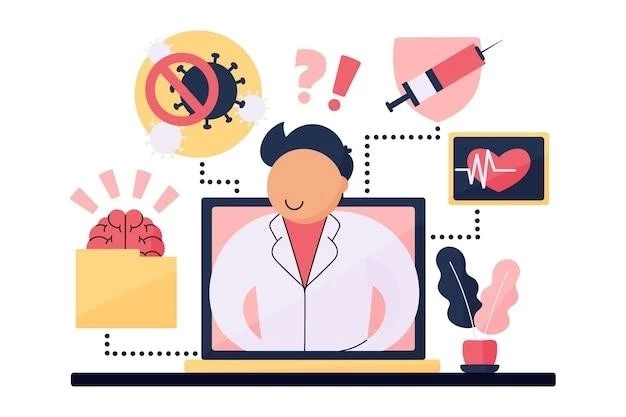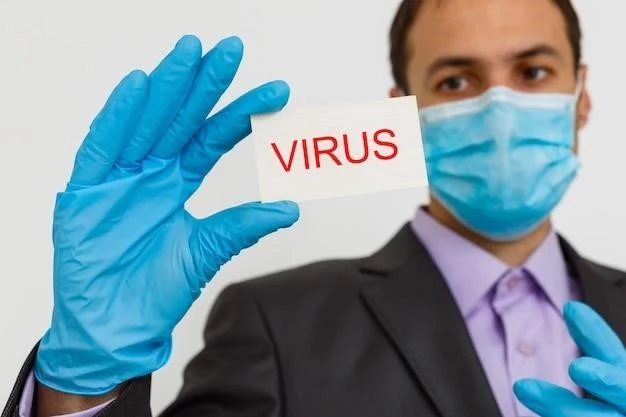Introduction to Virilism
Virilism, a condition predominantly impacting women, involves the development of exaggerated masculine characteristics. Learn more to understand this condition better.
Definition of Virilism
Virilism refers to the development of exaggerated masculine characteristics, typically observed in women due to the overproduction of male hormones known as androgens. Understanding the definition of virilism is crucial in recognizing and addressing this condition effectively.
Causes of Virilism
Understanding the causes of virilism is crucial as it can result from various factors such as excessive androgen production, adrenal tumors, hyperplasia, and genetic conditions. Educate yourself on these contributing factors.
Excessive Androgen Production
Virilism can result from excessive androgen production, leading to the development of male characteristics in women. Understanding the implications of heightened androgen levels is essential to address the root cause of virilism.
Adrenal Tumors and Hyperplasia
Adrenal tumors and hyperplasia can contribute to the development of virilism by impacting hormone production. Recognizing the role of adrenal abnormalities is essential in understanding the complex mechanisms leading to virilism.
Genetic Conditions
Genetic conditions can play a significant role in the development of virilism, influencing hormone regulation and contributing to the manifestation of masculine traits in affected individuals. Understanding the genetic underpinnings of virilism is essential for targeted management and care.
Symptoms and Manifestations
Recognize the signs of virilism like excess facial and body hair, baldness, acne, and voice changes. Take proactive steps for early management.
Excess Facial and Body Hair
Excessive facial and body hair, a common symptom of virilism, can be distressing. Understanding how this manifestation relates to hormone imbalance is crucial for effective management and seeking appropriate medical advice.
Baldness and Acne
Baldness and acne are hallmark symptoms of virilism, often stemming from hormonal imbalances. Recognizing these signs early and seeking appropriate medical guidance can help manage the condition effectively.
Deepening of the Voice
Deepening of the voice, a characteristic symptom of virilism, can indicate underlying hormonal imbalances. Recognizing this manifestation early and seeking medical evaluation is crucial to address the root cause effectively.

Diagnosis of Virilism
Diagnosing virilism involves comprehensive clinical assessment and testing for androgen levels. Understanding the diagnostic process is crucial for effective management.
Clinical Evaluation
Clinical evaluation is a crucial step in diagnosing virilism, involving a thorough assessment of symptoms and physical examination. Understanding the significance of clinical findings is essential for accurate diagnosis and effective treatment planning.
Androgen Level Testing
Ensuring comprehensive assessment of androgen levels is crucial in diagnosing virilism accurately. Understanding the importance of this testing can aid in developing an appropriate treatment plan tailored to individual hormone levels.
Differential Diagnosis
It’s critical to differentiate virilism from conditions like androgen insensitivity syndrome and congenital adrenal hyperplasia. Get informed to ensure accurate diagnosis and tailored treatment.
Androgen Insensitivity Syndrome
Understanding conditions like androgen insensitivity syndrome is crucial in differentiating them from virilism. Educate yourself on the distinguishing factors to ensure accurate diagnosis and appropriate management.
Congenital Adrenal Hyperplasia
Understanding the implications of congenital adrenal hyperplasia is crucial in distinguishing it from virilism. Educate yourself on the key differences for accurate diagnosis and tailored treatment approaches.
Treatment Options
Effective treatment options for virilism include medications to control androgen production and surgical interventions for adrenal tumors. Learn about these approaches to manage the condition.
Medication to Control Androgen Production
Managing virilism often involves using medications to regulate androgen levels, addressing the underlying hormonal imbalance. Understanding the role of medication in controlling androgen production is essential for targeted treatment and symptom management.
Surgical Intervention for Tumors
Virilism treatment may involve surgical intervention for adrenal tumors contributing to androgen overproduction. Understanding the role of surgical procedures in managing virilism is crucial for targeted therapy alongside medication.
Complications of Untreated Virilism
Untreated virilism can lead to complications affecting fertility and psychological well-being. Addressing the condition promptly is crucial to prevent long-term adverse effects.
Impact on Fertility
Untreated virilism can have implications for fertility due to hormonal imbalances affecting reproductive function. Understanding the impact on fertility is crucial for individuals with virilism to seek appropriate medical interventions and support.
Untreated virilism can have psychological effects, impacting self-esteem and mental well-being. Recognizing these consequences is vital in addressing the holistic needs of individuals experiencing virilism.
Managing Virilism in Children
Addressing virilism in children involves considerations like precocious puberty. Ensuring early monitoring and care is vital.
Untreated virilism can have psychological effects, impacting self-esteem and mental well-being. Recognizing these consequences is vital in addressing the holistic needs of individuals experiencing virilism.
Psychological Effects
Untreated virilism can have psychological effects, impacting self-esteem and mental well-being. Recognizing these consequences is vital in addressing the holistic needs of individuals experiencing virilism.
Lifestyle and Home Remedies
When managing virilism, focus on managing excess hair growth and adopting skincare routines to address acne effectively.
Long-term Monitoring and Care
Long-term monitoring and care are essential for individuals with virilism, ensuring ongoing management, regular evaluation of symptoms, and adjusting treatment strategies as necessary to promote overall well-being and hormonal balance.
Skincare for Acne
Effective skincare for acne is essential in managing virilism-related skin issues. Understanding proper skincare routines, including cleansing and treating acne-prone areas, can help individuals with virilism maintain healthy skin and boost their confidence.
Research and Advancements
Stay informed about new treatment approaches and ongoing studies on virilism to explore the latest developments in managing this condition effectively. Consider participating in research for potential advancements.
New Treatment Approaches
Emerging treatment approaches for virilism focus on innovative methods to manage androgen levels effectively. Keeping up with new advancements can provide individuals with virilism additional options for personalized care and improved quality of life.
Ongoing Studies on Virilism
Continued research on virilism explores new insights into the condition, potential treatment options, and advancements in understanding the underlying mechanisms. Staying informed about ongoing studies can provide valuable information for individuals affected by virilism and healthcare professionals alike.
Support and Resources
Access patient support groups and online communities to connect with others facing virilism. Utilize available resources for information and emotional support.
Patient Support Groups
Engaging with patient support groups can provide valuable emotional support and a sense of community for individuals navigating the challenges of virilism. Accessing these groups can offer a platform to share experiences, gather information, and connect with others undergoing similar experiences.
Engaging in online communities and forums can offer individuals with virilism a platform to connect, share experiences, and seek advice from others facing similar challenges. Accessing these virtual spaces provides a supportive environment for individuals to find camaraderie and valuable insights on managing the condition effectively.
Coping Strategies for Patients
Develop coping strategies to manage the psychological effects of virilism. Seek mental health support and address body image concerns proactively to improve overall well-being.
Online Communities and Forums
Engaging in online communities and forums can offer individuals with virilism a platform to connect, share experiences, and seek advice from others facing similar challenges. Accessing these virtual spaces provides a supportive environment for individuals to find camaraderie and valuable insights on managing the condition effectively.
Dealing with Body Image Concerns
Managing body image concerns related to virilism involves fostering self-acceptance and seeking support to address any emotional distress; Building a positive self-image and seeking professional guidance can aid individuals in navigating body image challenges effectively.

Prevention of Virilism
Early detection and intervention are crucial in preventing virilism. Healthy hormone balance practices can aid in mitigating the risk factors associated with the development of virilism. Stay informed and proactive to maintain overall well-being.
Early Detection and Intervention
Early detection and timely intervention are paramount in effectively managing virilism. By recognizing signs early on and seeking medical guidance promptly, individuals can address the condition proactively, potentially leading to improved outcomes and quality of life.
Healthy Hormone Balance Practices
Practicing healthy hormone balance habits can help prevent virilism. Maintaining a well-balanced diet, regular exercise routine, stress management, and adequate sleep contribute to hormonal equilibrium, potentially reducing the risk of developing virilism. Staying mindful of these practices can promote overall health and well-being.
Conclusion
Understanding the complexities of virilism is essential for early detection, effective management, and improved quality of life. By prioritizing healthy hormone practices, seeking timely interventions, and accessing support resources, individuals can navigate virilism with greater awareness and resilience.
Summary of Key Points
Virilism, characterized by the development of exaggerated masculine traits, often results from adrenal gland abnormalities or hormonal imbalances. Managing symptoms like excess hair growth and acne, seeking timely medical interventions, and engaging in support groups can aid individuals in coping with virilism effectively.
